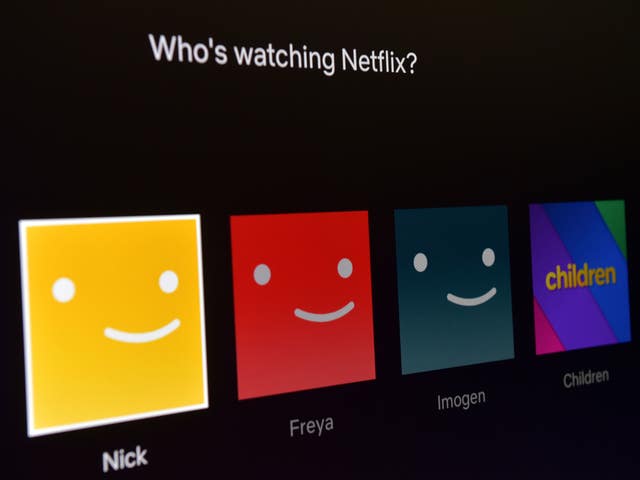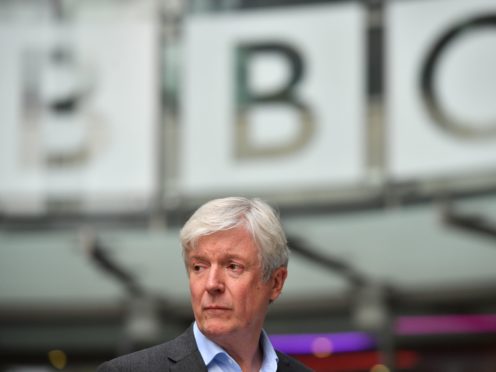British TV content is at risk of being squeezed out in the global entertainment marketplace, the director-general of the BBC has warned.
Lord Tony Hall said the dominance of US giants, including Netflix, Amazon, Comcast and Disney, poses a threat to the future of homegrown shows.
In his letter in the BBC’s annual plan for 2019/20, he said: “It is our duty to make programmes and services about British people and British culture.

“This is a role that has become critical in a global media environment that is more and more dominated by a small number of US-based global giants.
“UK audiences enjoy the quality and breadth of choice these huge global players bring. But they also love and value the local content that speaks to them directly about their day-to-day lives. Yet this is at risk of being squeezed out in today’s global marketplace.
“We must not underestimate the importance of distinctively British content.
“At a time when the country feels divided and fragmented, our responsibility to reflect and represent every part of the UK and make sure all voices are heard has never been more crucial.
“Audiences rely on the BBC to be the place that brings the country together and helps it understand itself; that keeps reminding us of everything we have in common as well as celebrating what makes our diverse communities different.”
Lord Hall said the BBC must find new ways to adapt in the changing marketplace, which will soon see the arrival of new streaming services from Apple and Disney.

He said: “It seems only a few short years ago that the BBC and ITV were thought of as the titans of British media.
“But all of us in the UK’s traditional media solar system are getting smaller and smaller in the Apple, Amazon and Netflix universe.
“Today, it is these companies with whom the BBC must compete with directly in the global media marketplace, and the competition is getting fiercer every day.
“We need to find new ways to adapt to the changing needs of our audiences, and we need to be able to do it in real time to keep pace with our global competitors.”
Lord Hall also said the BBC must stand up for impartiality to remain a trusted news source in an era of disinformation and fake news.
He wrote: “The BBC’s commitment to impartial news and information is part of our enduring contract with audiences.
“We cannot take that for granted, especially when the events of recent years have widened generational, political and social differences.
“Impartiality matters. And it matters even more at a moment when society feels so divided and divisive, so full of misinformation and aggression.
“Making sure all sides of a debate are heard – all different views and voices – is fundamental to our mission.
“We must stand up for it and defend our role like never before. It is essential if we are to continue to be the place people know they can trust to get to grips with what is truly happening in the world, and to hear the broadest range of views.”
Figures in the annual plan revealed the broadcaster has the highest proportion of black, Asian and minority ethnic staff in its history.
The BBC has 15.2% BAME staff, hitting its self-imposed diversity targets.
The publicly funded broadcaster has not yet reached its target on 15% BAME staff in leadership roles, the annual figures will show, only reaching 11%.
The BBC has also made progress on the inclusion of disabled and LGBTQ+ staff, and is meeting its targets for 2020.
The broadcaster introduced 10 recommendations based on advice from the charity Stonewall in 2018, including the introduction of “straight allies”.
Women hold 44.3% of BBC leadership roles, still below the target of a 50/50 gender balance.
